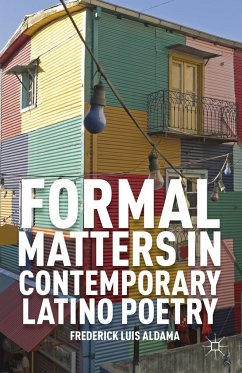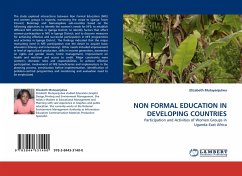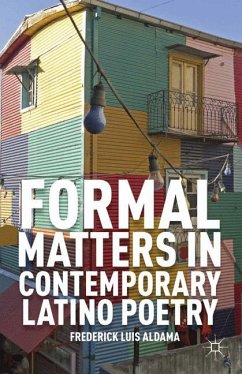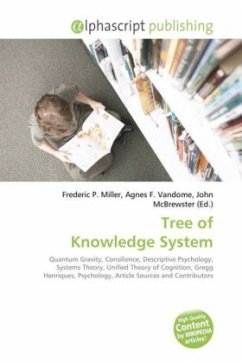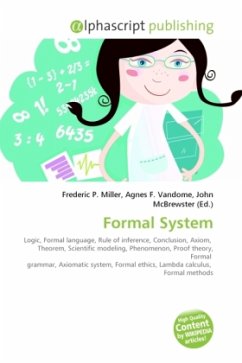
Formal System
Versandkostenfrei!
Versandfertig in 6-10 Tagen
26,99 €
inkl. MwSt.

PAYBACK Punkte
13 °P sammeln!
In formal logic, a formal system (also called a logical calculus) consists of a formal language and a set of inference rules, used to derive (to conclude) one expression from one or more other expressions (premises) antecedently supposed (axioms) or derived (theorems). The axioms and rules may be called a deductive apparatus. A formal system may be formulated and studied for its intrinsic properties, or it may be intended as a description (i.e. a model) of external phenomena.




